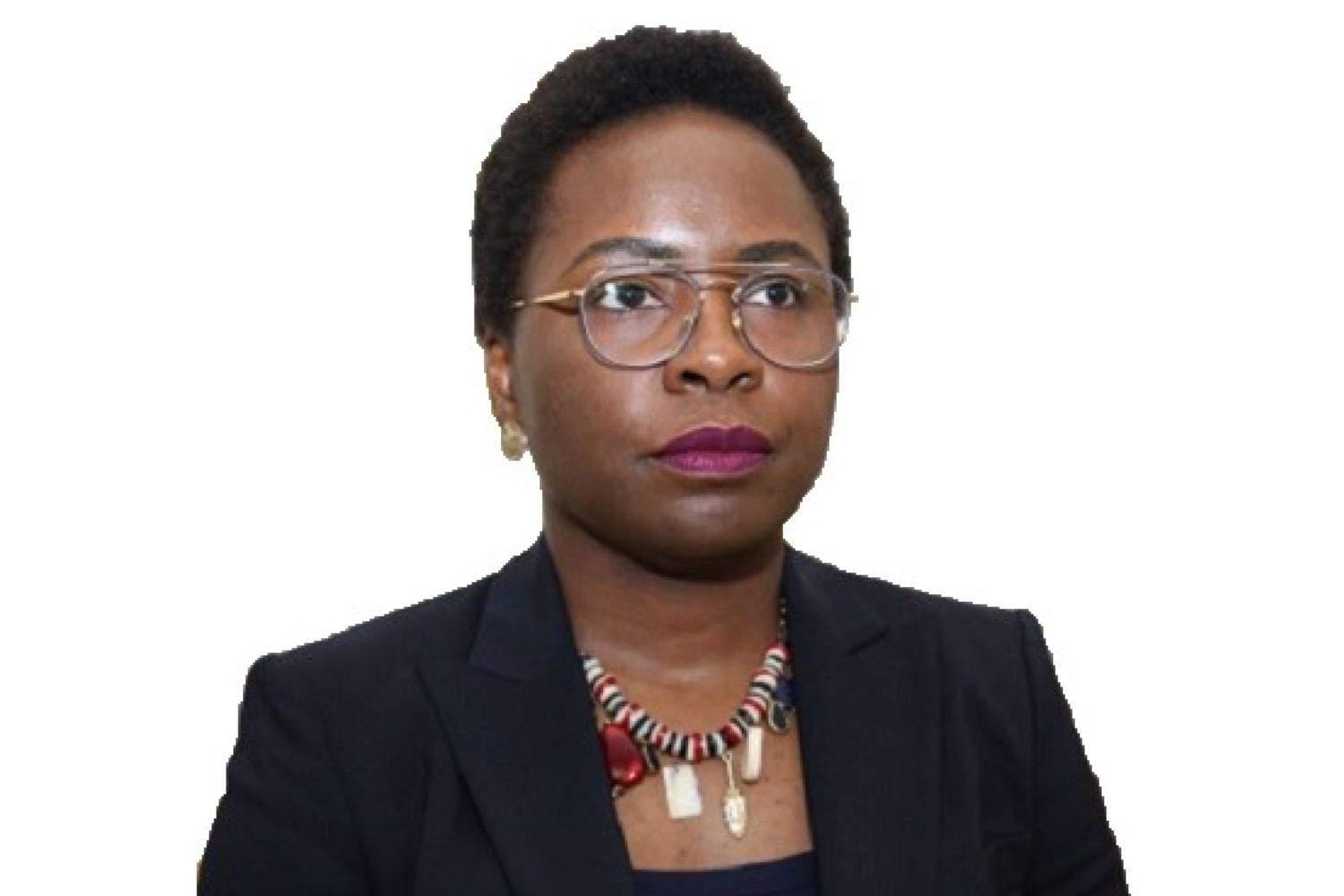Africa-Press – Angola. The Angolan Finance Minister admitted to Lusa that a liquidity problem is behind the delays in payments to companies with contracts with the State, but guaranteed that the situation will be regularized, although without a defined deadline.
In an interview with Lusa on Friday in Washington, on the sidelines of the spring meetings of the International Monetary Fund (IMF) and the World Bank, Minister Vera Daves confirmed that there are companies that have not received any payments since October, but stressed that the “State will continue to do its part to honour its commitments” and “always seek to do more with less”.
“Debt servicing consumes half of our expenditure, so it is demanding. And we will continue to do our best to gradually reduce the weight of debt servicing in the budget and, thus, free up liquidity to be able to execute more expenditure on goods and services and more capital expenditure”, said the minister.
“It is a treasury issue […]. It is, indeed, a liquidity situation that we have assumed, just as we have assumed our commitment to address it, whether through increasing revenue, through responsible debt management, or through challenging all public managers, including the Ministry of Finance, to be assertive in the expenses we make and always seek to do more with less”, he added.
Since October 2024, several service providers have not received payments owed by the State, with reports of companies on the verge of financial collapse.
Vera Daves told Lusa that some payments have been made since then and that “not everyone has not received their payment since October”, but admitted that payments are “taking longer than I would like, which is the average of 90 days”.
The minister was unable to provide a date for regularizing the situation, as it will depend on the initiatives that the executive is carrying out to mobilize liquidity.
“As we mobilize, we will also pay,” he said.
However, Daves encouraged Angolan businesspeople to explore other markets and interactions with private entities, since “some businesses are structured in such a way that 80% to 90%” of their activity is with the State.
“This is a huge exposure. Obviously I’m not saying: stop negotiating with the State. But it is certainly necessary to think of ways to diversify your client portfolio, also looking at the private sector and looking at the region, because we often have opportunities in the region”, he argued, giving Namibia or Zambia as examples.
For More News And Analysis About Angola Follow Africa-Press






